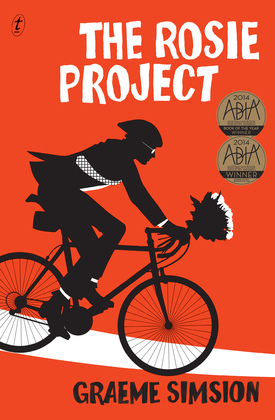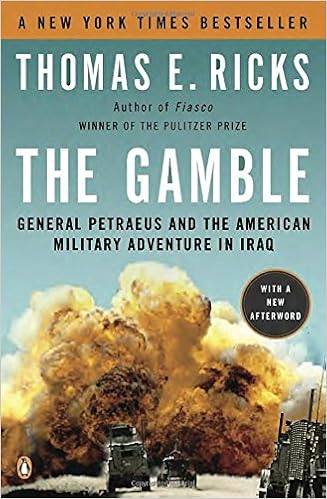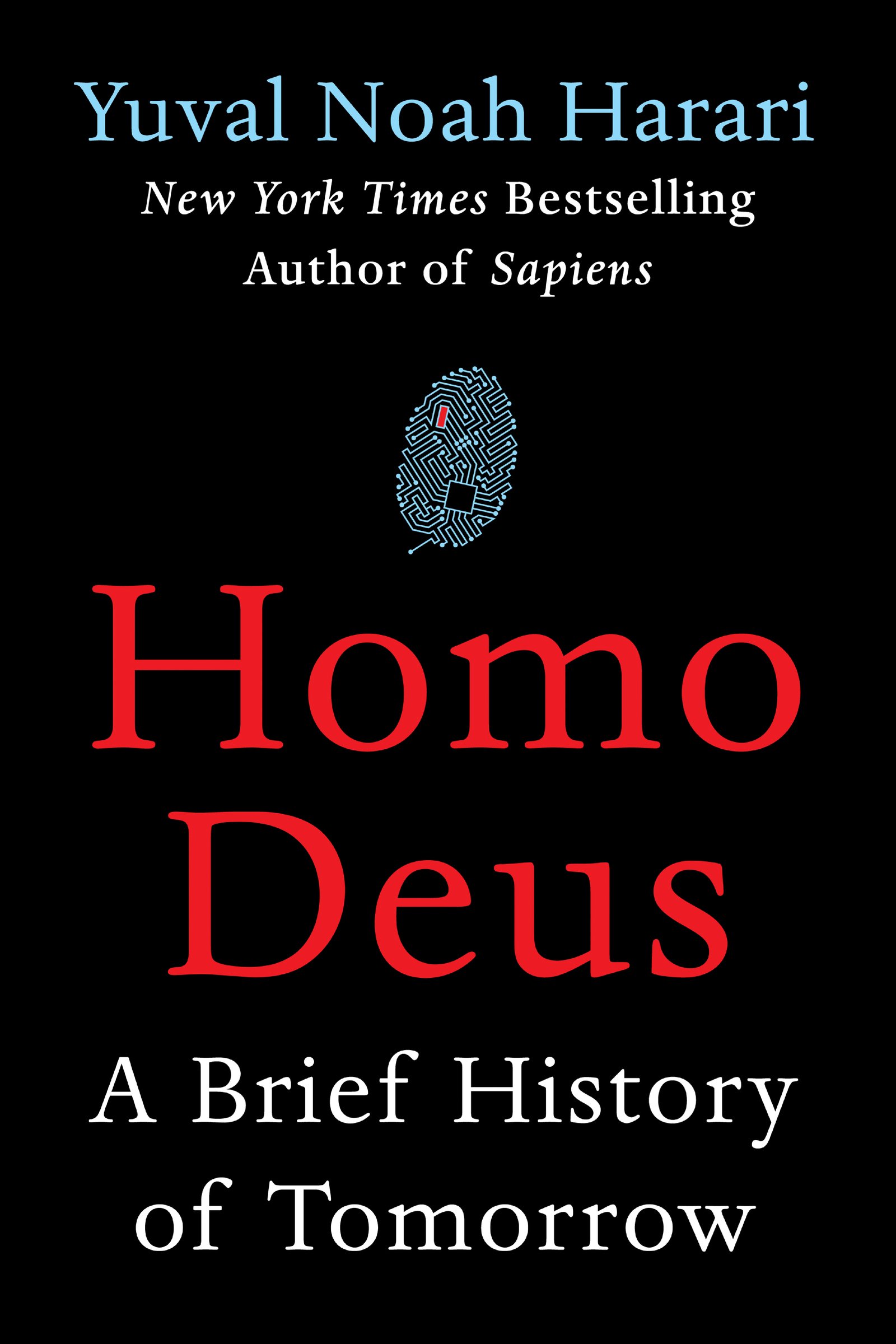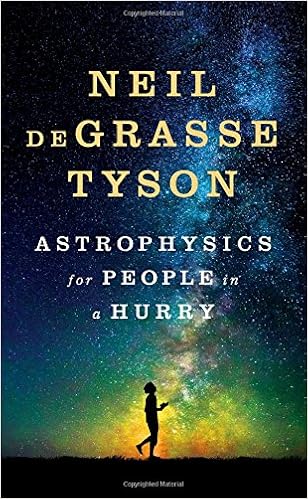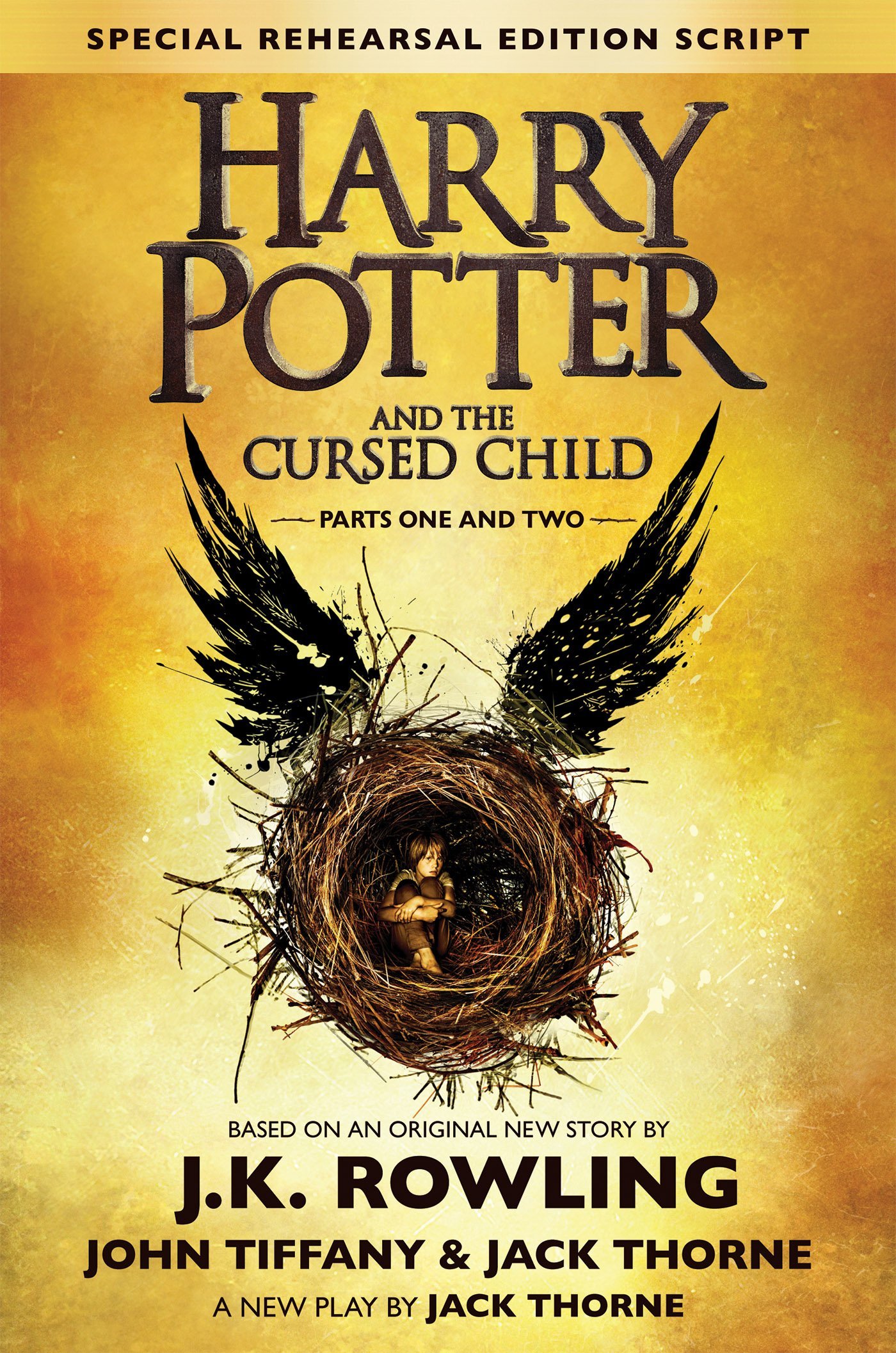Been slacking on keeping up with my thoughts on books.
Memoir about a girl who falls in love with octopi. Some cool facts about the animal, and a lot of memoir about the girl , from taking diving lessons, to her past excursions. She annoyed me at times, but for the most part it was an interesting read.
6.8/10
Story about a murder narrated by an unborn baby inside his mother.
This was a short read, I wasn't expecting much, but was entertained throughout.
McEwan is a great writer and it's on display here.
7.7/10
An overview of the 2006-2008 war in Iraq. One of the best I've read . Ricks does a great job of finding out what went wrong, and how the brilliant military mind, Petraeus , tried to make it right.
Recommended for anyone interested in the Iraq War.
8.2/10
As with its predecessor, Sapiens: A Brief History of Humankind, Harari recounts the course of history while describing events and the individual human experience, along with ethical issues in relation to his historical survey. Homo Deus, as opposed to the previous book, deals more with the abilities acquired by humans (Homo sapiens) throughout its existence, and its evolution as the dominant species in the world; the book attempts to paint an image of the future. Many philosophical issues are discussed, such as the human experience, individualism, human emotion and consciousness. The book describes the current abilities and achievements of mankind.
Along with Sapiens, this is going to factor in , in my top 10 for the year.
9.2/10
Book is made up of varying Soviet voices of those who were involved in the Soviet Afghan war, from soldiers to nurses .
Haunting book.
8.5/10







